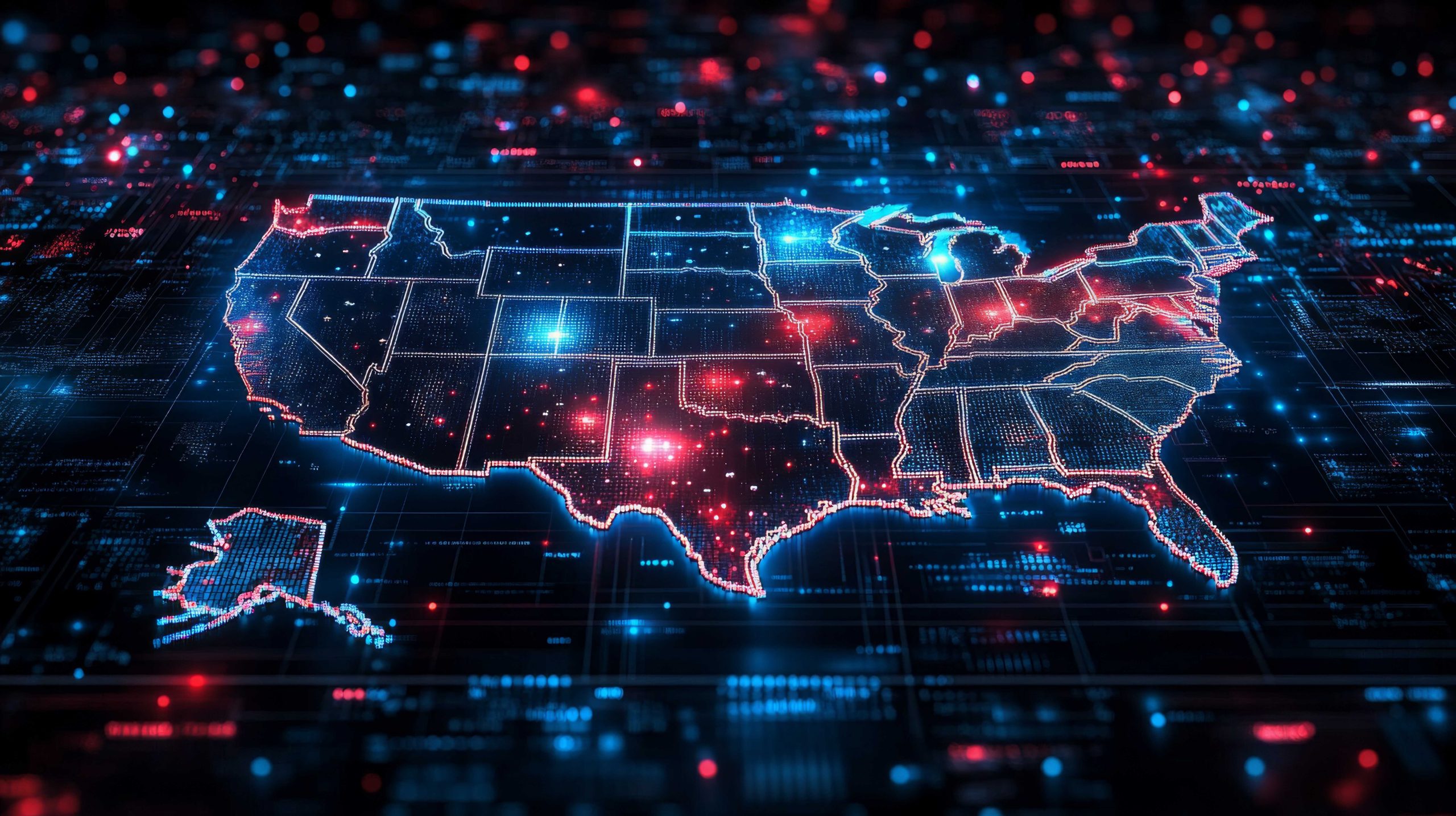In the world of business, there’s a common question that often arises: “Where did it go wrong?”
Organizations face a variety of challenges that disrupt their operations. Whether it’s grappling with system failures, navigating complex supply chains, or safeguarding against security breaches, identifying the core problems is a must. Failure to do so will affect your organization’s efficiency, profitability, your workforce’s mental health—you name it.
Fortunately, technology has evolved to a point where we can predict outcomes before they might happen. It also helps us shift the narrative from “where did it go wrong?” to “what could go wrong?” and nip any potential issue in the bud. Cue root cause analysis (RCA).
The role of RCA in organizations
RCA is a problem-solving methodology designed to identify the underlying causes of issues within an organization. Rather than merely addressing symptoms or surface-level problems, RCA delves deep into the core factors that lead to incidents by constantly analyzing past and current datasets to find patterns and relationships. With a deeper understanding of these complex issues, organizations can develop strategies to prevent recurrences.
The significance of RCA for large organizations and enterprises cannot be overstated. These entities face substantial risks due to the scale and complexity of their operations. From financial institutions managing vast portfolios to manufacturing companies handling intricate supply chains, identifying the causes of problems is crucial for maintaining smooth operations, safeguarding customer trust, and ensuring compliance with industry regulations.
However, traditional RCA methods are often labor-intensive and time-consuming. These limitations can be detrimental in our digital world where everything changes in a matter of hours and time is of the essence. Fortunately for organizations, the advent of artificial intelligence (AI) has brought about a transformative change in the RCA landscape. AI, with its capacity for processing and analyzing vast amounts of data, is poised to revolutionize the way organizations approach RCA.
Unearthing insights, streamlining operations, and empowering decision-makers
Large organizations generate an immense volume of data where patterns and correlations exist. AI-driven RCA, backed by machine learning, outpaces traditional human analysis, swiftly uncovering irregularities like fraudulent financial transactions, unusual equipment behavior in a manufacturing plant, or customer behavior anomalies.
AI-driven RCA automates detection and response processes by offering real-time solutions. Unlike traditional methods that often require human intervention, AI systems act swiftly and autonomously, saving critical time and minimizing the risk of financial losses and reputational damage.
An incident at a leading trading firm in 2012 serves as a stark reminder of how human error, however subtle, can lead to catastrophic consequences. In this case, the activation of long-dormant software with erroneous code unleashed a buying spree of $7 billion in stocks, driving the company to the brink of financial ruin. Here, AI could have detected the irregular trading behavior and intervened before extensive losses occurred.
Despite all of this, informed decision-making by human actors remains the cornerstone of effective problem resolution and prevention. With a deeper understanding of business operations, AI-driven RCA empowers enterprise leaders by providing them with comprehensive and well-structured insights. AI systems produce reports and visualizations that not only highlight the root causes, but also offer a holistic view of the issue’s impact on various aspects of the organization.
Real-world applications of AI-powered RCA
Whether it’s implementing security measures to counter fraudulent activities, adjusting manufacturing processes to prevent equipment failures, or tailoring marketing strategies to meet customer behavior trends, AI plays a crucial role in driving well-informed decisions.
Enhancing security: Fraud detection
Banks and financial institutions are harnessing AI-powered RCA to fortify their defenses against fraudulent transactions, encompassing credit card fraud and identity theft. JPMorgan Chase employs AI to scrutinize millions of daily transactions, instantly flagging suspicious patterns that indicate fraudulent activities.
Retail giants like Walmart are also using AI-powered RCA to thwart fraudulent purchases and organized retail crime rings. An internal system referred to as missed-scan detection technology employs computer vision to oversee self-checkout sections in each store. This system has the capability to identify instances where items are not scanned or are scanned incorrectly, promptly alerting a checkout attendant who can then address and resolve the issue.
Pioneering medicine: Drug discovery
AI-powered RCA is revolutionizing drug discovery by helping pharmaceutical companies identify the root causes of diseases and develop novel drugs and treatments. Pfizer employs AI to dissect vast genomic datasets, pinpointing genetic variations associated with specific diseases, paving the way for targeted therapeutic interventions.
By analyzing extensive medical data, Pfizer identifies patterns of diseases, side effects, and drug efficacy, subsequently advancing the development of diagnostic tests and treatments.
Understanding customers: Behavior analysis
E-commerce giants like Amazon are leveraging AI-powered RCA to gain deep insights into customer behavior and enhance marketing and sales strategies. The primary objective of Amazon’s AI capabilities is to offer personalized recommendations to its customers without having to look for them. Subsequently, a report indicates that Amazon’s recommendation engine contributes to a substantial 35% of its overall sales.
Sustainable future: Energy and sustainability
Utility companies are deploying AI-powered RCA to pinpoint the root causes of energy waste and drive sustainable energy solutions. Intel employs metadata analytics to optimize energy use in its data centers. This involved analyzing server utilization, cooling systems, and data storage metadata, leading to the identification of energy-intensive areas and resulting in significant energy savings.
Smart cities like Copenhagen use cutting-edge data-driven tools to automate and streamline energy management in their municipality structures, leveraging various data sources, including local weather forecasts and building usage patterns.
Engineering excellence: Failure analysis in complex systems
AI-powered RCA has become an essential tool for aircraft manufacturers, aiding in the investigation of aircraft accidents and the identification of safety hazards. Boeing, for instance, employs AI to analyze aircraft data, uncovering patterns that hint at potential issues, subsequently leading to safety enhancements and the prevention of future accidents.
Constraints, challenges, and dangers
RCA promises game-changing advantages, but organizations must navigate several challenges to harness its full potential. One significant hurdle is the resistance to change. RCA initiatives should be designed to foster a culture of continuous learning, ensuring that the organization adapts for long-term benefits.
Skill gaps within the team can also impede the successful adoption of RCA. As RCA tools and methodologies continue to evolve, investing in ongoing training is crucial. This ensures that the team remains well equipped to harness the full potential of RCA, keeping pace with the technology’s rapid advances.
Addressing bias in AI-driven RCA is an ongoing and complex challenge. It demands vigilant efforts to identify and mitigate biases within the models and data. This process requires not only advanced technologies but also a deep understanding of societal and ethical nuances. The goal is to ensure that AI-driven RCA remains fair and objective, delivering results that are free from any form of prejudice.
In the landscape of RCA, AI is undeniably the future. It brings speed, precision, and automation to time-consuming processes. The future holds countless opportunities for AI to reshape RCA, making it agile and powerful. AI will prove a necessity for organizations aiming to thrive in a complex, data-driven world.











